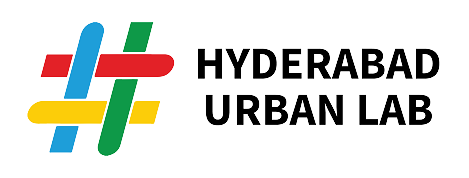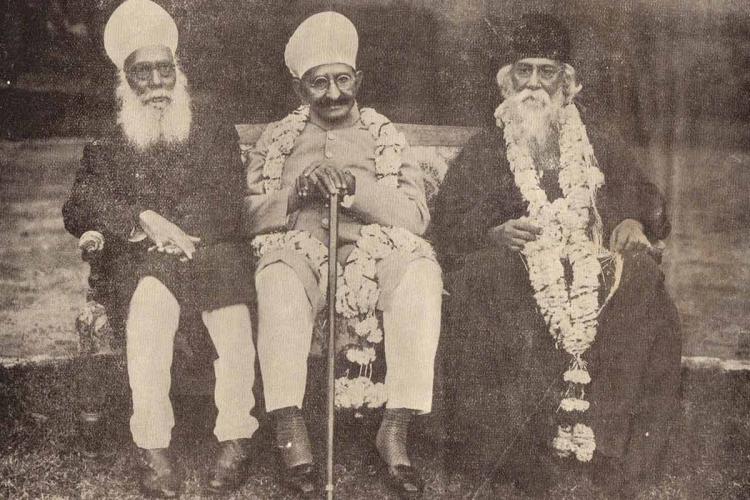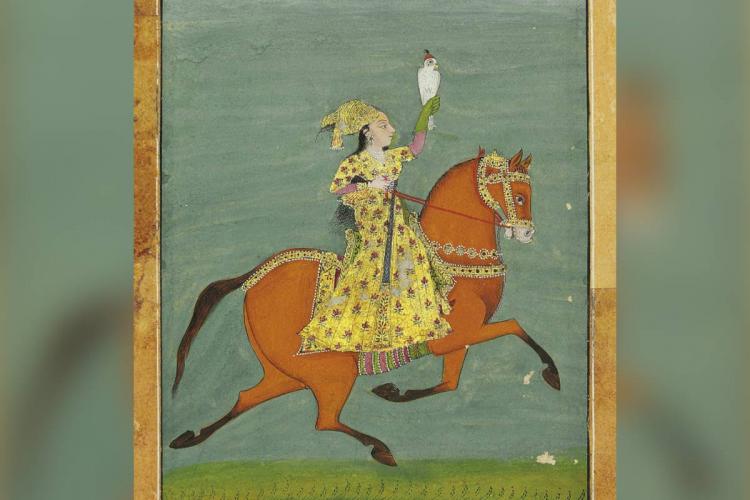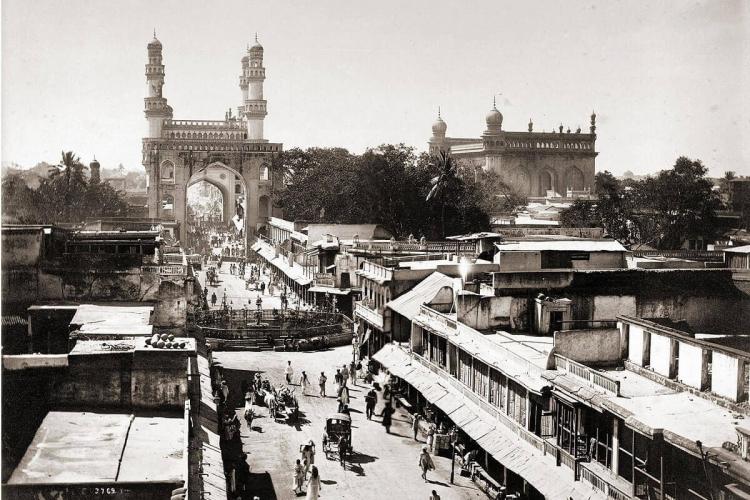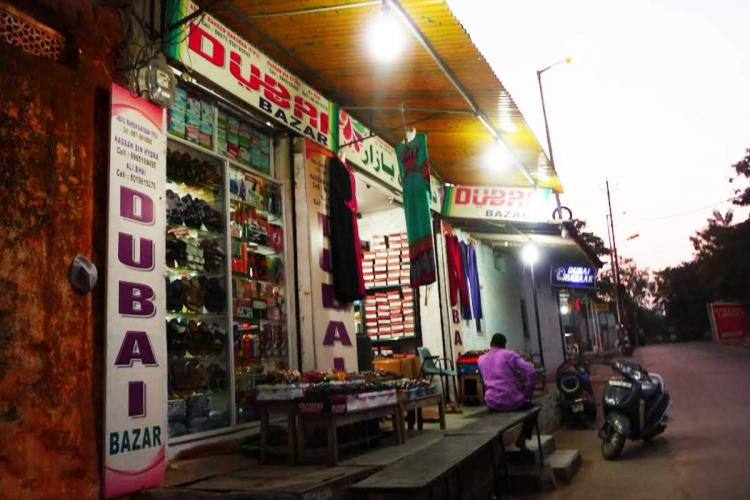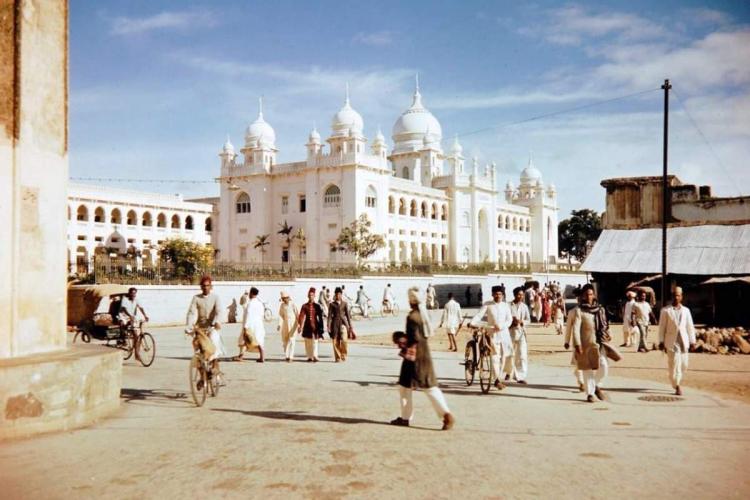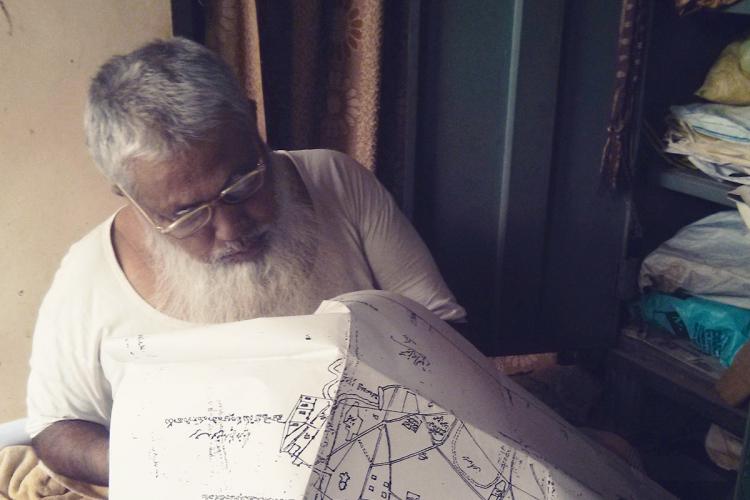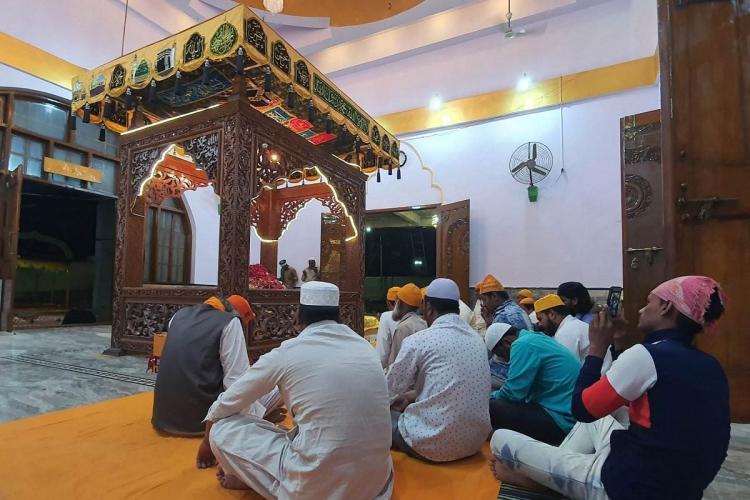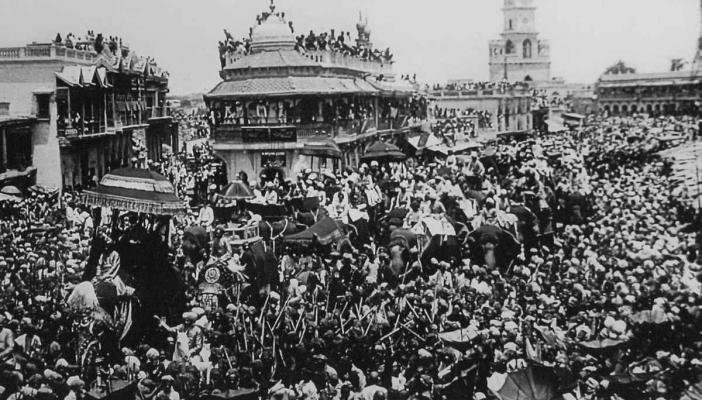Khidki
Khidki is envisaged to grow into a broader platform for reflection, collaboration and engaging with diverse points of view on issues that matter to us most now. We hope to translate academic and intellectual insights into practical knowledge. We hope to shift the terms of debates. We value places and regions as crucibles in which material and social formations – nature and society shape each other into distinct combined forms. Khidki organises round tables and lectures, convenes and publishes collaborative writing. Khidki is a window. It is a collection of perspectives, it has multiple vantage points. A group of engaged scholars give Khidki the autonomy that a venture of this kind needs from the parent organisation HUL.
Khidki Collective
In March 2021, a group of researchers and scholars got together to think about the need to engage with the idea of the Deccan as a region, given its importance for contemporary politics. To begin a conversation around the Deccan, we started a series of three round table discussions. Titled the Hyderabad Deccan Gol Mez, the round tables were started with the idea of building a community of shared intellectual interests in and around the region.
The presentations brought forth a range of ideas and themes that in turn pointed towards the possibility of wider public engagement and collaborative work on the Hyderabad-Deccan.
Central to these were the themes of nostalgia, time and space, networks and flows (institutions, cultures, migration that have various points of time shaped the Hyderabad Deccan) and the feeling of belonging to the Deccan region (through linguistic, administrative and cultural histories).
Several conversations and brainstorming sessions led to the formation of the Khidki Collective. The Khidki Collective is a group of scholars committing to reimagining and building perspectives on regional identities and to challenging established narratives around history, nationhood and belonging. The collective took its name from Khidki – window, the early medieval name of Aurangabad city, as well as the name of a famous late medieval octagonal mosque in Delhi built by an administrator who identified himself as a Telangani.
The Khidki Collective focuses on the region as an idea and entity. Regions have existed even before the Indian nation-state came into being. They continue to exist as cultural, developmental, social entities. By not neatly fitting into dominant notions such as Hindi-Hindu-Hindustan, regions expand our imaginations.
At the core of Khidki Collective is a small group of young and engaged scholars: Swathi Shivanand, Indivar Jonnalagadda, Yamini Krishna, Santhosh Sakhinala, Khatija Khader, Mohd. Ayub Ali Khan and Nikhilesh Sinha. This core group takes all operational decisions. Around this group are Anant Maringanti, Sarah Waheed and Eric Beverley in the capacity of advisors and friends. Aditya Singh and Phanisri Chavali provide vital logistical support for the enterprise. The collective is anchored at HUL.
Khidki Collective started its first public engagement initiative by curating a series of eight essays—on the idea of belonging to the Hyderabad Deccan—published over the course of four weeks, in The NewsMinute. Two essays appeared every week one each on Friday and Saturday, beginning from September 17.
The authors of these essays raise questions around territory, land, archives, language, migration, but in the end, they all reflect on what it means to belong to the Hyderabad Deccan.
